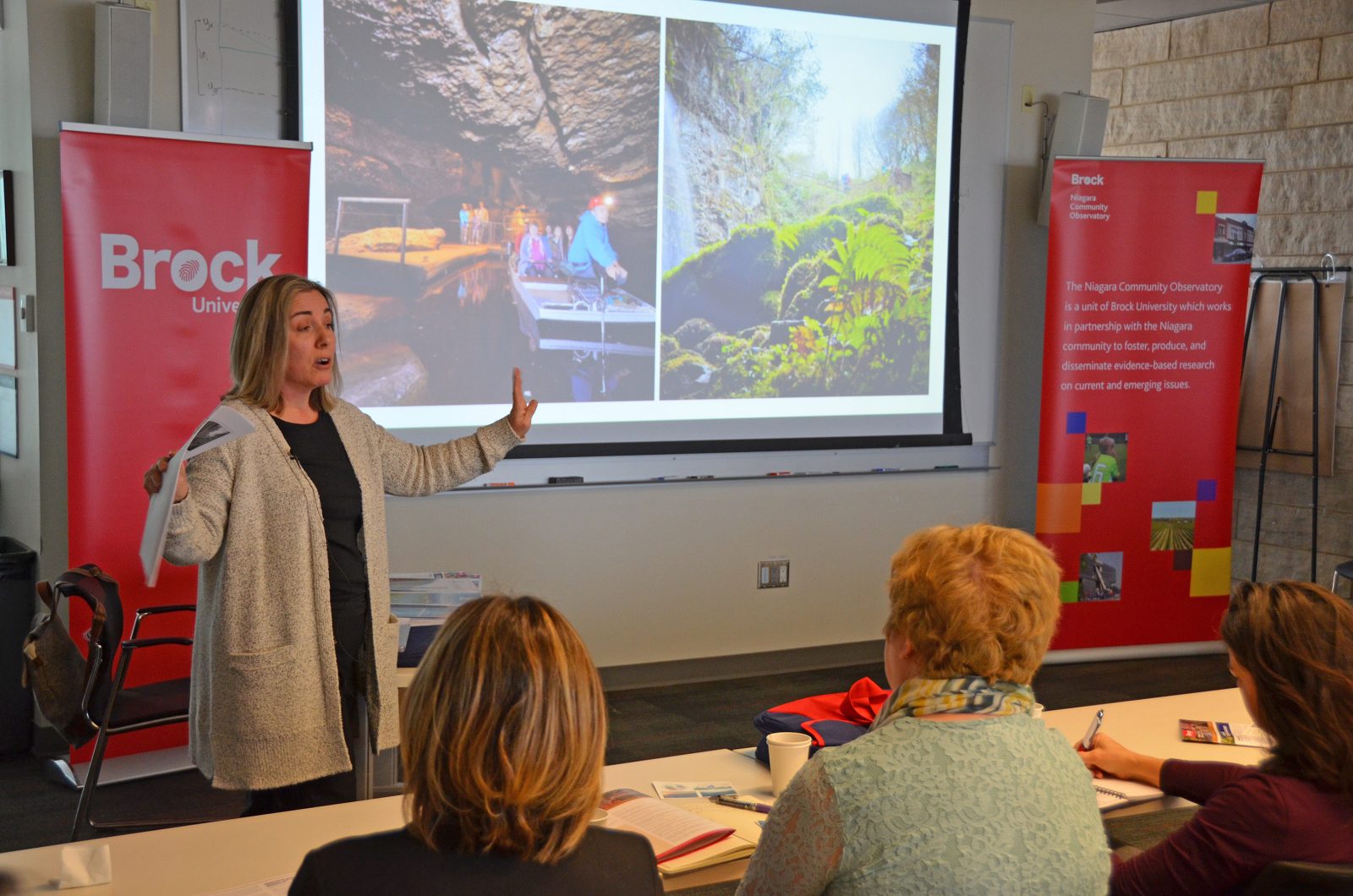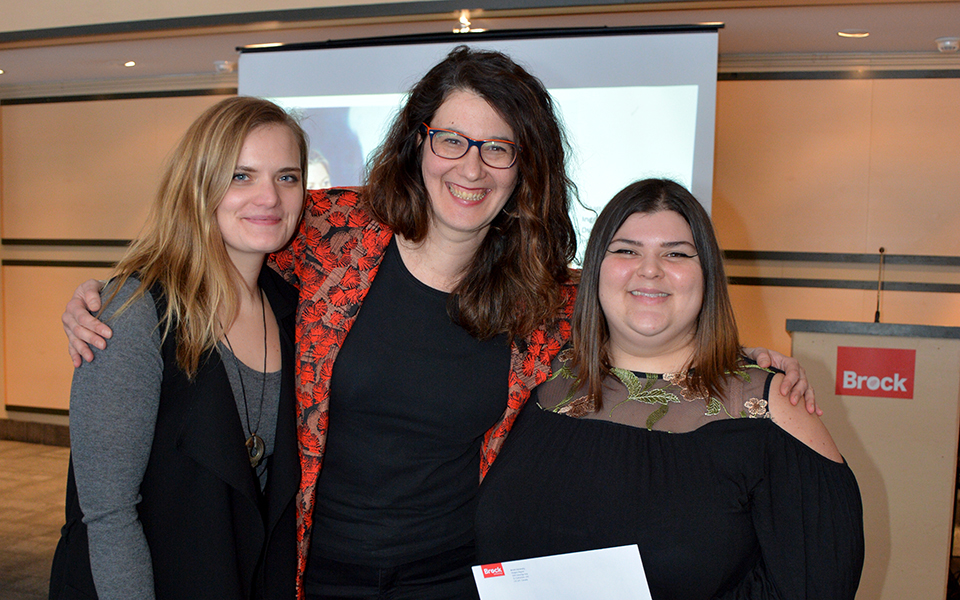
Dr. Michael Ripmeester welcomes Dr. Leon Lian Dong to Brock.
The Department of Geography and Tourism Studies is pleased to welcome Dr. Leon Lian Dong to Brock. Dr. Dong will be with our Department as a visiting scholar from February – August 2019.
Dr. Dong is a professor of Landscape Architecture, and the Director of the Center for Sustainable Landscape Research, School of Architecture, Huaqiao University, China. Dr. Dong obtained his PhD in Building Science, from Chongqing University, China, in 1992, and then did his post-doctoral research at Purdue University, Iowa State University and University of Illinois at Urbana-Champaign, USA. Dr. Dong has thirty years of teaching and research experience, multi-disciplinary background. He has completed more than 30 research projects and 40 consulting projects, published 6 books, and nearly 100 research papers.
Dr. Dong’s current research areas include:
- Sustainable site planning and landscape design for tourist destinations
- Landscape microclimate design
- Human-environment interactions





